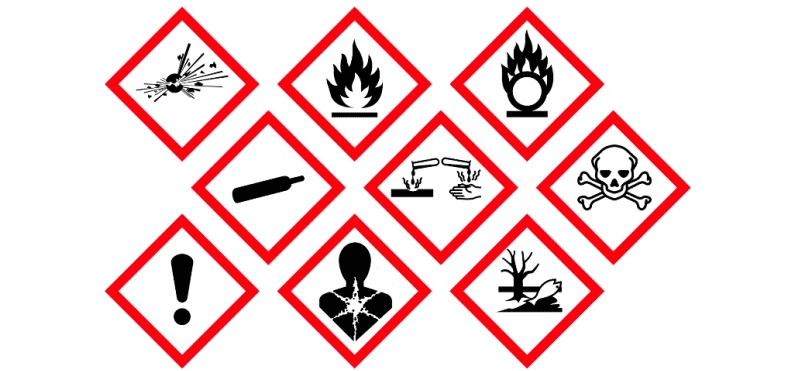GTP’s BSO assists technical leaders, assesses risks and is key to the implementation and continued application of a full-fledged biosafety policy.
The production of recombinant proteins and antibodies requires specific biological and chemical agents and entails biological risks. As we know how much biosafety matters to our staff and clients, we’ve decided to train a Biological Safety Officer (BSO). Our BSO assists GTP’s technical leaders, assesses potential risks and is key to the implementation and continued application of a full-fledged biosafety policy.
The Biosafety Officer, a rare asset in French Biotech companies
The Biological Safety Officer (BSO) handles all biosafety related issues, overseeing risk assessment, risk management and monitoring compliance against biosafety regulations. A handful of European countries have made it a legal requirement for businesses or research labs that handle GMOs or pathogens to employ a BSO. While this isn’t yet the case in France, chances are it may soon change. Only one study programme in the country – at Université Toulouse III – currently trains biosafety management experts.
GTP, one step ahead of regulations
Given the resource required, sizeable organisations such as pharmaceutical labs or large research institutes, have of course led the way in training resources to the role of BSO. With 28 staff members, GTP is somewhat of a pioneer in this field. Indeed, very few biotechnology SMEs have taken the leap to create this type of role, which is often filled by the Director, who is accountable for organisational safety. However, in reality, due to the complexity of applicable regulations, only a properly trained biosafety expert, such as a BSO, can guarantee the implementation of a true biosafety policy within an organisation.
The main duties of GTP’s Biosafety officer
- After conducting risk assessment, they devise ensuing processes, identifying suitable work facilities and making recommendations for necessary adjustments. They are also in charge of implementing suitable dispatch and transportation management for infectious substances. Finally, they must assess any incidents linked to biosafety.
- Training and prevention: first and foremost, the BSO must promote and inspire employee involvement when it comes to the respect of biosafety. They ensure staff is trained to follow good lab practice, in particular in the use of individual and collective protective equipment, the handling of waste, and compliance with applicable procedures. They verify the adequacy of collective or individual protective equipment used in each job role based on identified hazards.
- Monitoring compliance with biosafety regulations: trust does not preclude control, therefore the BSO must, through regular checks, ensure that safety measures and emergency procedures are being respected, that everyone is up to date on best practice for aseptic, cleaning, and waste management techniques, and that regulatory files are up to date.
What this means for our customers
Here at GTP, we combine our vivid scientific interest with extensive expertise in custom protein and antibody projects. Our customers often ask us to handle unconventional recombinant protein and antibody production processes. For example, if your project requires the use of an unconventional bioproduction cell line or micro-organism (see list of our routinely used expression systems), the BSO will determine the necessary containment level and decide, in collaboration with our management team, how to handle your specific project.
For more information on our biosafety policy and custom recombinant protein and antibody projects, don’t hesitate to contact us. Our scientists are already looking forward to studying your project’s feasibility!



